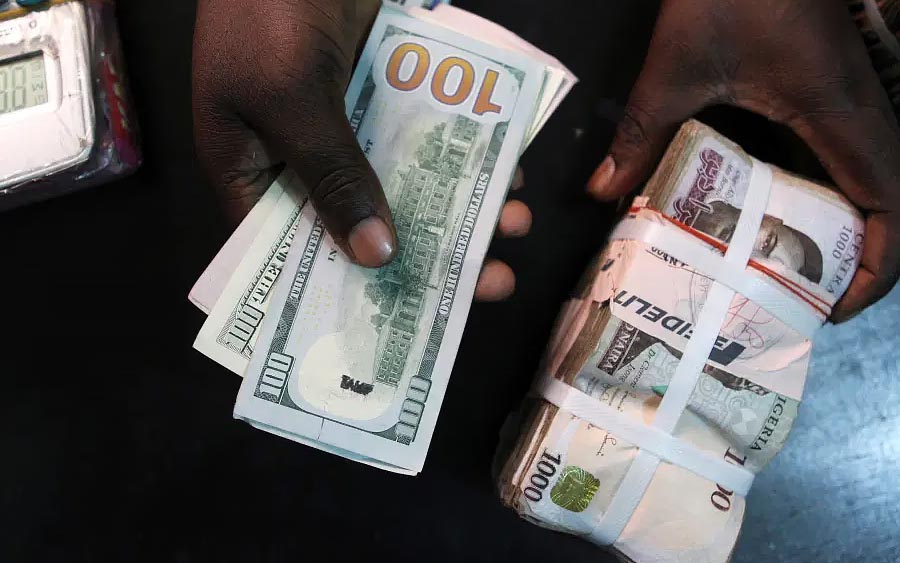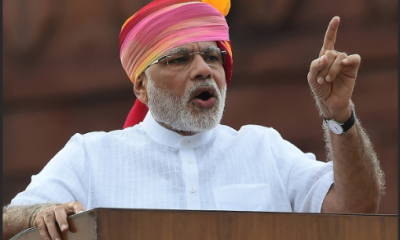In response to the current challenges related to dollar shortages, and the need to rebuild Nigeria’s foreign exchange reserves, receivers of foreign currencies from their relatives abroad may no longer be able to collect such funds in cash.
Some banks have announced that foreign-denominated currencies will now be paid to beneficiaries in Naira in line with the directive issued by the Central Bank of Nigeria (CBN).
In reaction to the development, World Remit said “We can no longer support transfers in USD – only in Naira
“But please don’t worry. You can still enjoy the same quick, safe and affordable WorldRemit service to Nigeria by sending money in Naira instead. If you have any questions or concerns, our dedicated support team is always here to help.”
Also, some banks have stated in emails sent to their customers that beneficiaries of money transfers through Western Union and other services will be paid in Naira either into their accounts or in cash “at the prevailing rate in the Nigerian Foreign Exchange Market.”
ALSO READ: Protest as naira exchanges at 208 to a dollar in 2015
In an email to customers on Thursday, Ecobank stated, “We would like to bring to your attention recent regulatory changes regarding international money transfers into Nigeria.
“With regards to the Circular issued by the Central Bank of Nigeria (CBN) on January 31, 2024, all inbound money transfers to Nigeria will be paid only through a bank account or in cash at the prevailing rate in the Nigerian FX Market.
“Furthermore, transfers exceeding the equivalent of $200 must be credited to the recipient’s bank account, while cash payments for amounts below $200 will provide an acceptable means of identification.”
According to industry watchers, the move to streamline and regulate international money transfers reflects the CBN’s determination to ensure a stable and robust financial system.
Analysts say people residing in Nigeria may not be able to receive dollar cash sent to them by relatives abroad within the country for whatever reason, and this may create disincentives for people to transfer money home through IMTO, prompting them to explore other means of sending money to their loved ones.

 Entertainment1 week ago
Entertainment1 week ago
 Entertainment4 days ago
Entertainment4 days ago
 Comments and Issues1 week ago
Comments and Issues1 week ago
 Comments and Issues1 week ago
Comments and Issues1 week ago
 Business1 week ago
Business1 week ago
 Comments and Issues1 week ago
Comments and Issues1 week ago
 Health6 days ago
Health6 days ago
 Football6 days ago
Football6 days ago













